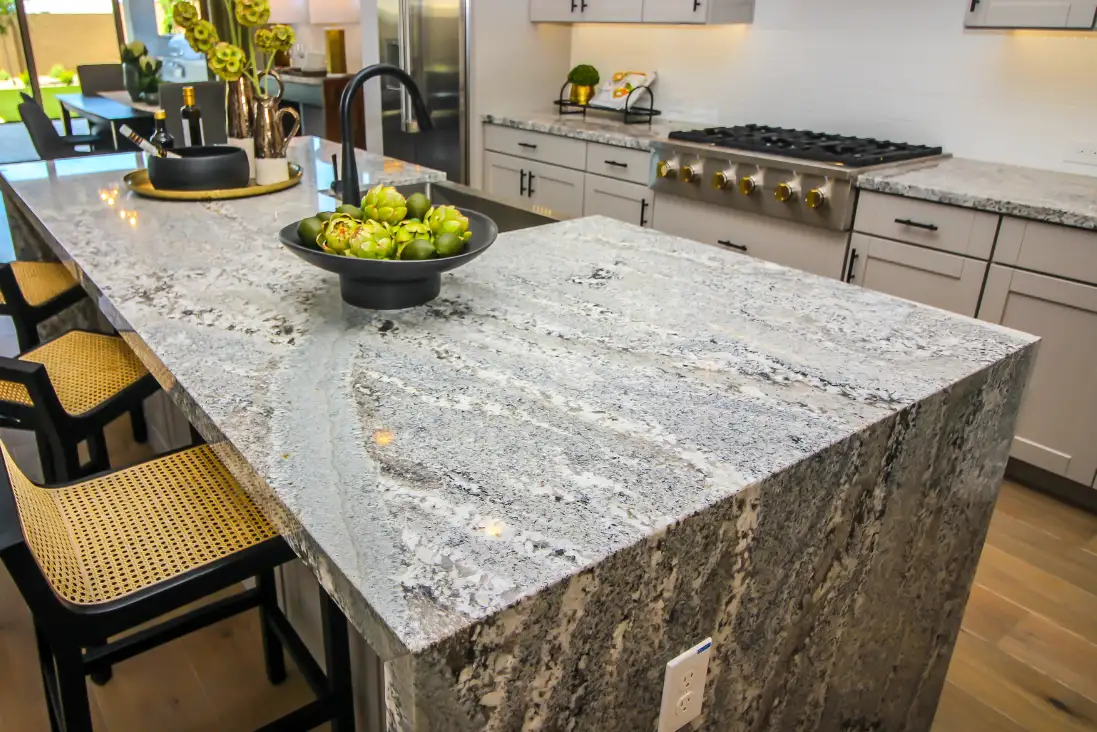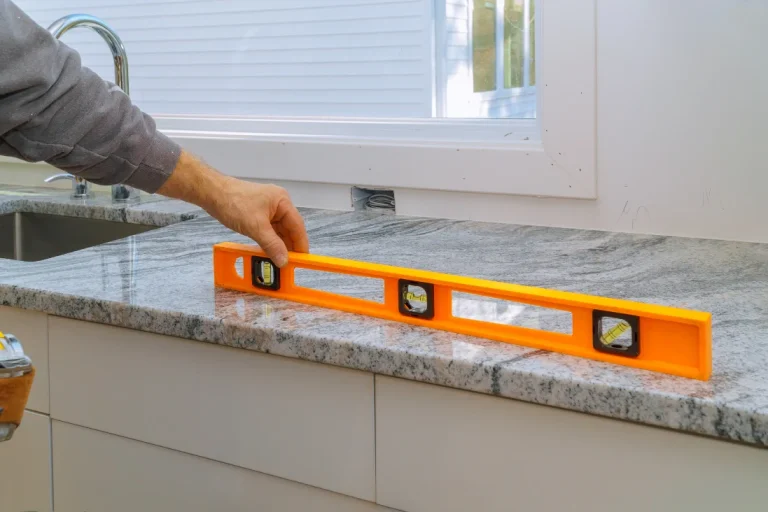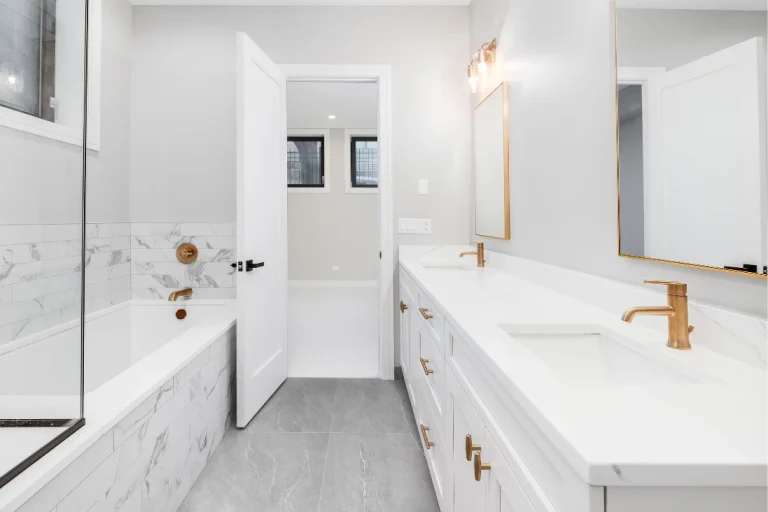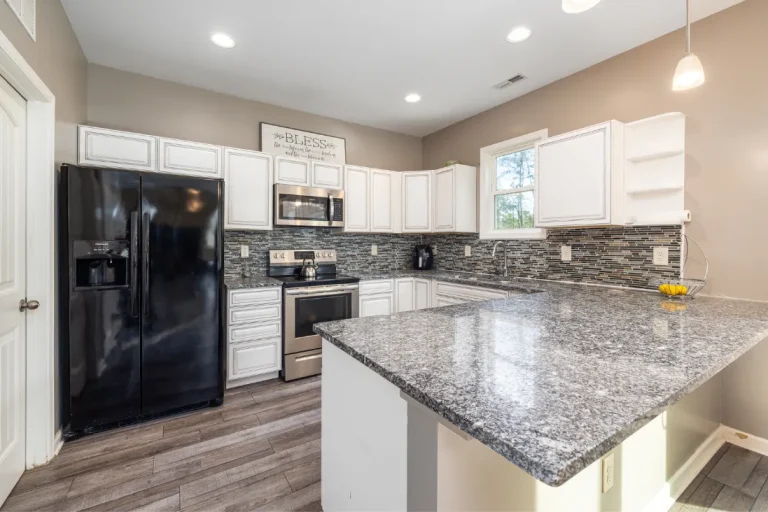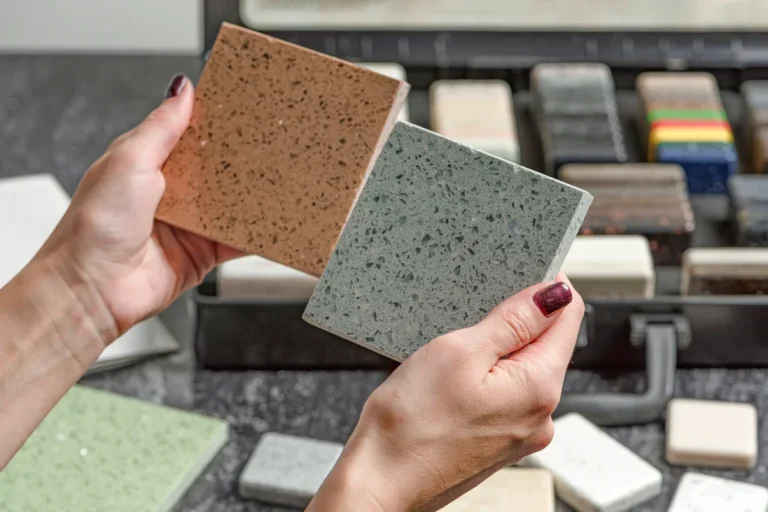Granite countertops are renowned for their hardness and durability, yet they are not immune to damage from acids, alkalis, and abrasive materials. To preserve their appearance and longevity, regular maintenance and protection against staining agents are essential. Hence, granite sealer plays a crucial role in protecting countertops from damage while providing an attractive, smooth and dazzling shine. In this blog, we will discuss the best sealer for granite countertops, how to determine if your granite needs one and tips on how to use the sealer for granite countertops properly. Read till the end so you can make an informed purchasing decision.
Types of Sealers Used in Sealing Granite Countertops
To keep the granite countertops in excellent condition, it is vital to apply a quality sealer regularly. With that being said, there are a lot of sealer options available in the market that provide benefits based on your individual needs and goals. Sealers protect the granite against wear and tear, stains and damage and give a glossy finish that protects the stone from scratches, dull spots and other unwanted flaws. Given below are three common sealers used to protect granite countertops from household wear and tear, stains and damage. It will also match the natural color and texture of the granite.
Penetrating Sealers
Penetrating sealers, also known as impregnating sealers, come as water- and solvent-based products. They protect the granite countertops by seeping in the deeper layers of the porous surface, and then, as they dry, they leave behind hardening resins. Don’t worry; it does not alter the looks of your elegant granite countertop. It is widely considered to be stain-resistant. However, it does not provide much protection against scratches and etching from acidic substances.
Enhancing Sealers
Aging granite countertops can hugely benefit from the enhancing sealers as these sealers are designed to reinvigorate the stone’s appearance of a countertop by soaking into the surface of the granite to create a lustrous, wet appearance by helping it reflect light. They enrich the look of the countertops, thus creating a shinier yet darker surface appearance.
Topical Sealers
These sealers are specifically designed to add a protection layer to the outermost layer of granite countertops. They produce a glossy finish that protects the stone from scratches and flaws. They typically work best on stone with rugged textures and rougher surfaces. It is noteworthy to mention that topical sealers don’t always work for natural stone countertops, as they don’t work that well on smooth surfaces.
So, if you choose a topical sealer for your granite countertop, make sure it complements it.
How to Choose the Best Granite Sealer for Countertops?
Besides choosing from the different kinds of sealers, there are other important aspects to consider while looking for a quality granite countertop sealer. The most important feature is to determine what form of sealer works best for your countertops, as these compounds must be worked well into the stone to provide even protection. Granite sealers are available in the market as liquids, sprays, waxes, and polishing compounds.
Another important factor to consider is the finish created by the sealer. While all granite sealers are designed to help protect the stone against scratches and dull spots, some may also provide a nice glossy finish that stands out. Other things to keep in mind while choosing the best sealer for granite countertops are its application, versatility, and safety.
How Do You Determine If Your Granite Requires a Sealer?
Different granites have their own individual needs depending on their porosity. Some granites do not need a sealer, while others may require several coats of sealer. Usually, most dark-colored granite stones don’t need a sealant because they don’t readily absorb any liquids. This means that, typically, the light-colored granites require sealing. Before buying any product, it is vital first to ascertain if your granite countertop requires sealing.
You can test your stone to see if it involves sealer by putting a few drops of lemon juice or water in a discreet part of your countertop. Leave the drop on the surface and observe how to seal the granite and observe to see how fast the countertop is absorbing the liquid. If dark rings or marks appear quickly, then it probably means that your granite is problematic, and there is a chance that it may not be sealed properly.
6 Essential Tips for Properly Sealing Granite Countertops
Granite countertops need to be protected from unwelcome flaws, scratches, and dull spots. The best way to protect them from cooking grease, cleaning chemicals, and watermarks is to seal them. Here, we discuss the best way to seal the granite countertops of your bar, kitchen, and island. Below are tips shared by experts:
- Set aside time- To ensure that your granite countertop is sealed properly, you need to prepare it, apply the sealer and leave it to cure for several hours. Furthermore, you should keep pets and children out of the area while the sealant is being applied on the countertops since the fumes are strong and can harm them. The process of sealing the countertop is lengthy and may require a lot of planning and dedicated time.
- Choose the best granite countertop sealer- Find the most highly rated sealer that the manufacturer approves of your countertop. Carefully read the instructions for use to ensure that sealers work perfectly fine for your granite countertop.
- Prepare the area- Begin by removing all items from the countertop and cleaning the countertop for 24 hours before sealing it with mild, antibacterial dishwashing diluted in warm water using a sponge or microfiber cloth. Gently remove all dirt and impurities from the surface. Cover the sink, caulk and other surfaces that you do not want to accidentally seal with a plastic wrap.
- Apply the chosen sealer- Before applying the sealer, ensure that the surface is completely dry and properly clean. Spread evenly using a spray bottle or soft cloth. Ensure that the surface of the granite countertop is evenly coated and saturated. By this time, it should have a glossy, wet-finished look. If your granite is highly dense and has not yet been sealed properly, you may need to apply a second coat of the sealer.
- Let the sealer cure- After applying the sealant, let it sit for ten minutes. Using circular motions, remove the excess sealer with a dry cloth or paper towel. Allow the surface to cure for at least another six hours or as recommended in the guidelines provided by the manufacturer.
- Clean the sealed surface- Once the surface has been completely cured, use a mild dishwashing, water and cloth to wipe down the countertop’s surface to get it food-ready.
How to Seal Granite?
Here is a step-by-step guide to properly seal the granite countertop:
- Lightly shake the sealer bottle before using it.
- Clean the surface and apply the sealer with a clean, dry microfiber cloth or sponge. Ensure that the surface is thoroughly saturated and coated.
- While applying, the sealer may form a foaming or bubbly appearance. Do not allow the surface to dry. If it does, then apply more sealer.
- After 3-5 minutes of the first application, apply another coat.
- Certain colors may require you to repeat additional applications.
- Within 30 minutes of the final application, wipe off the excess sealer.
- Leave the surface to dry for a day so that the sealer can cure and bond with the surface of the countertop.
- After 24 hours, the water test was performed on all key areas of the surface.
- Reseal every 6-12 months and as needed in certain areas
- Color-enhanced stones such as resinated granite should be sealed using the same procedure.
Conclusion
Granite sealers are an essential component in maintaining your granite countertops. Choosing the best granite countertop sealer protects your slabs from wear and tear, damage, and unwanted stains and extends their lifespan. To ensure that the countertop retains its natural beauty for a long time, you should ensure that it is properly sealed using the best sealer for granite countertops and is frequently sealed if required.
However, if you think that sealing your aging countertop is not enough, it is best to replace it with a stunning and elegant granite countertop from the best granite countertops companies. Our experts at APF guarantee to match your needs with the exact product, whether you require a stunning finish, practical durability or unmatched elegance.

